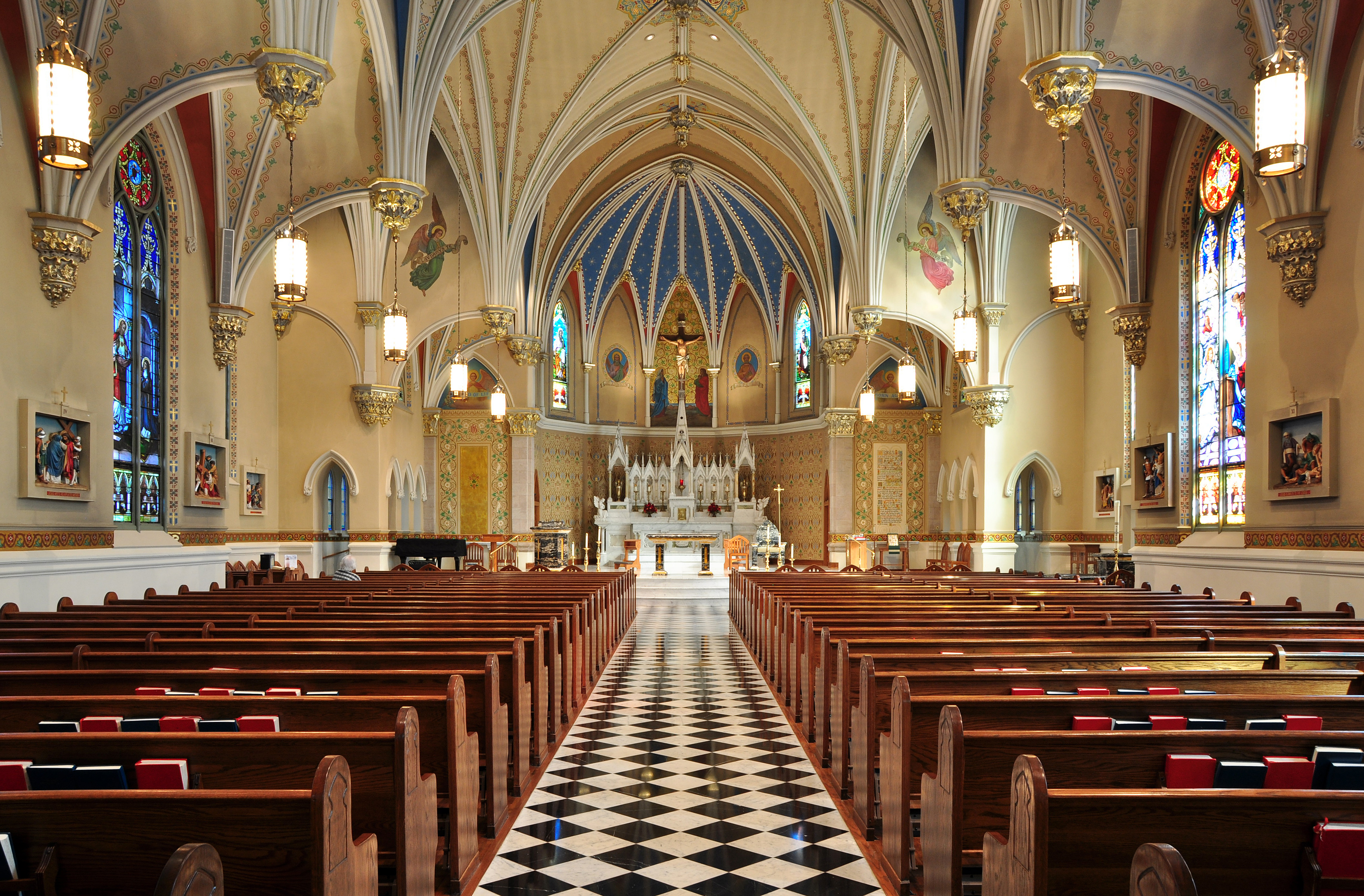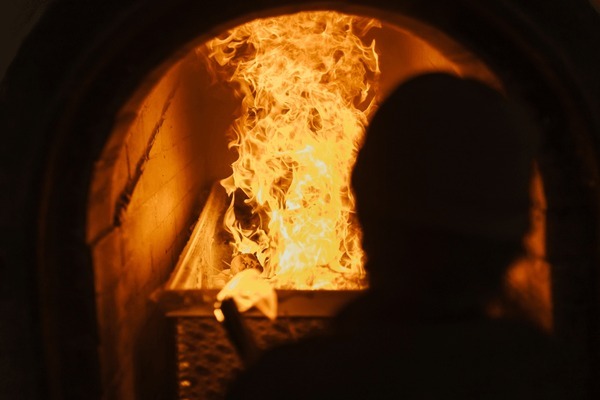When it comes to the treatment of the deceased, different cultures and religions have varying practices and traditions. Among these, cremation is one of the most debated topics, especially when considering religious perspectives. Christians, in particular, have long-held views about burial practices, and the question of whether cremation is sinful often arises.
In this article, we will explore what the Bible says about cremation, whether it is considered sinful according to Christian doctrine, and the views held by different Christian denominations. We’ll delve into biblical texts, historical traditions, and the theological implications of cremation.

The Bible’s Teachings on Death and Burial
The Bible provides specific guidelines regarding the treatment of the dead, although it does not directly address the issue of cremation. Instead, the Bible speaks primarily about burial as the preferred method of handling deceased bodies.
- Burial: The Biblical Norm
Throughout the Old and New Testaments, burial is depicted as the traditional and most honorable way to handle the dead. Several examples highlight burial as the customary practice:
- Genesis 23:19: In this passage, Abraham buries his wife Sarah in the Cave of Machpelah. This burial is not only an act of respect but also an essential moment in the biblical narrative, marking the tradition of honoring the dead through burial.
- John 19:40-42: After the crucifixion of Jesus, His body is taken down and buried in a new tomb. This passage emphasizes the tradition of burial as the respectful and dignified way to lay someone to rest.
- Deuteronomy 21:23: This verse explains that when a person is executed for a crime, they must not remain hanging on a tree overnight, and their body must be buried the same day. This demonstrates the importance of burial in maintaining the honor of the deceased.

- Cremation in the Old Testament: A Negative Light
While burial was the standard practice, there are instances in the Old Testament where cremation or the burning of bodies occurred. However, these instances are typically associated with judgment, dishonor, or punishment.
- 1 Samuel 31:12: After the death of King Saul, his body is burned, but this act was done to prevent further dishonor. His death, along with the deaths of his sons, led to a tragic and dishonorable moment in Israel’s history, which is why their bodies were burned.
- Joshua 7:25: The Bible recounts the burning of Achan and his family after they were found guilty of violating God’s command. This act of burning represents God’s judgment on sin, highlighting the symbolic role of fire and burning in scripture as a form of divine punishment.
- The New Testament and Resurrection Belief
The New Testament does not provide direct guidance on cremation but emphasizes the importance of resurrection. 1 Corinthians 15:42-44 speaks about the transformation of the body at the resurrection, referring to it as being sown in corruption and raised in incorruption. The passage emphasizes the idea of bodily resurrection, suggesting that Christians believe the body, whether buried or cremated, will eventually be resurrected by God.
This focus on resurrection does not inherently condemn cremation, as it points to the belief in the eventual transformation of the body, regardless of how it was disposed of after death. The idea is that God is capable of resurrecting any body, no matter the method of burial or cremation.
Christian Denominational Views on Cremation
Christian perspectives on cremation vary widely, with different denominations offering their interpretations on whether it is acceptable or not. While some see it as a matter of personal choice, others provide specific guidance based on theological principles.

- Roman Catholic Church
The Catholic Church has specific teachings regarding cremation. Historically, the Catholic Church strongly discouraged cremation, associating it with pagan practices. However, in 1963, the Church officially lifted its ban on cremation, provided that it is not chosen as a denial of the doctrine of resurrection.
Today, the Catholic Church allows cremation, but with several important guidelines:
- The ashes should be treated with respect and kept in a sacred place, such as a church or cemetery.
- The Church discourages the scattering of ashes or keeping them at home, as it believes that the body should be honored in a way that reflects the belief in bodily resurrection.
The Catholic stance is that while cremation itself is not sinful, it should be carried out in a manner that respects the dignity of the deceased and the teachings of the Church regarding the resurrection.

- Protestant Denominations
Protestant views on cremation are generally more lenient. Many Protestant denominations permit cremation, recognizing it as a personal choice rather than a theological issue. Some see cremation as an acceptable alternative to burial, while others may prefer traditional burial as a way to reflect the resurrection of the body.
For example:
- Evangelical Christians: Many evangelical churches believe that cremation is not inherently sinful. They view the act as a cultural and personal decision and emphasize that the most important aspect is the person’s faith in Christ rather than the method of disposing of the body.
- Lutheran Church: The Lutheran Church also does not prohibit cremation, although some individuals may choose burial out of respect for tradition. The primary belief is that God is capable of resurrecting all believers, regardless of the method of burial.
Generally, Protestant Christians view cremation as morally neutral, as long as the practice is done with respect for the body and the belief in resurrection.
- Eastern Orthodox Church
The Eastern Orthodox Church holds a traditional view that favors burial over cremation. This is because burial is seen as a way to honor the body, reflecting the Church’s teachings on the dignity of the body and its role in the resurrection. While the Orthodox Church does not consider cremation a sin, it strongly encourages burial and views it as a more fitting practice for Christians.
Despite this, cremation is still allowed in the Orthodox Church, although it is less common. The Church emphasizes the importance of treating the body with dignity and maintaining the hope of resurrection, whether the body is buried or cremated.

Theological Implications of Cremation
Theologically, many Christians believe that the method of dealing with the body after death is less significant than the person’s relationship with God. The core of Christian teaching is the belief in the resurrection of the body and eternal life. Cremation, in this view, does not affect a person’s salvation or their ability to be resurrected.
The practice of cremation may vary due to cultural reasons, personal preference, or medical necessity, but Christian theology maintains that God can restore the body, no matter its condition after death.
Conclusion
Cremation is not explicitly condemned in the Bible, but burial is certainly the predominant method for handling the dead, as shown in many scriptural passages. Christian denominations have differing views on cremation, but the majority do not consider it sinful. Instead, it is seen as a personal decision, with some denominations encouraging burial for its symbolic significance regarding resurrection.
Ultimately, the most important aspect is not the method of dealing with the body after death but the person’s faith in Christ and the hope of resurrection. Christians believe that God can resurrect all bodies, no matter how they are laid to rest.
Sources
- Genesis 23:19 – Abraham’s burial of Sarah
- John 19:40-42 – Jesus’ burial
- Deuteronomy 21:23 – Burial law
- 1 Corinthians 15:42-44 – Resurrection
- Catholic Church teaching on cremation
- Lutheran Church stance on cremation
- Eastern Orthodox Church and burial
